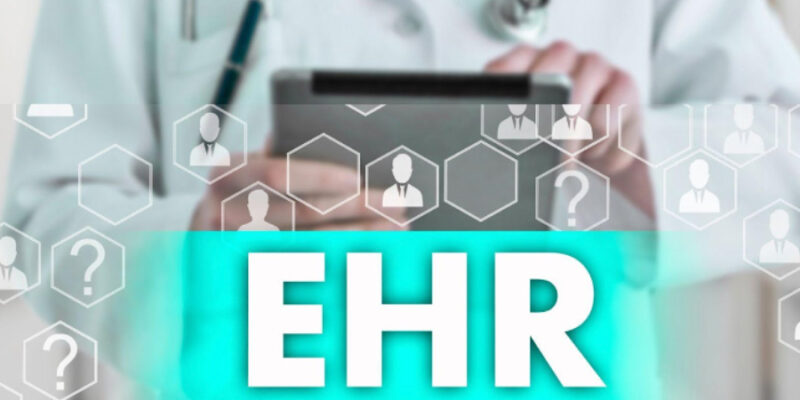The evolution of healthcare technology in recent years has led to the widespread implementation of Electronic Health Records (EHRs). By replacing the old paper-based systems with a digitized approach, EHRs offer numerous benefits in terms of streamlining healthcare processes and improving patient outcomes. In this article, we will explore the impact of electronic health records on various aspects of healthcare, particularly the quality of care.
-
Improved Patient-Provider Communication
One of the most significant advantages of EHRs lies in enhancing communication between healthcare providers and their patients. With easy access to comprehensive medical information, providers can better understand a patient’s medical history and make well-informed decisions regarding treatment plans. This level of communication is further improved by patient care navigator tools, which facilitate patient engagement, care coordination, and communication management.
-
Enhanced Patient Safety
Through EHRs, healthcare providers can access a patient’s complete medical history, current medications, and allergy information. This comprehensive medical data enables providers to identify potential risks that could lead to adverse reactions or drug interactions. Consequently, the implementation of EHRs reduces the possibility of medical errors, especially medication-related, and enhances patient safety.
-
Efficient Care Coordination
EHRs facilitate seamless information sharing among various healthcare providers, such as primary care physicians, specialists, and pharmacists. Instant access to medical records enables these providers to effectively coordinate an integrated care plan, ensuring optimal outcomes for patients. Moreover, you could even consider selecting a patient engagement platform to help automate communication and improve patient safety. This way, providers can keep up with the latest best practices while providing timely and effective patient care.
-
Reduced Duplication of Tests
EHRs provide a centralized repository of all the diagnostic tests and imaging studies conducted on a patient. This feature helps healthcare providers avoid duplicating tests or procedures, lowering the cost of care and reducing the risks associated with redundant testing. With swift digital access to previous test results, clinicians can make clinical decisions more efficiently and accurately.
-
Real-Time Access to Data
Real-time access to medical information is crucial when dealing with emergencies or managing chronic illnesses. EHRs make this possible by providing instant access to patient data anytime, anywhere, ensuring timely and effective care when it is needed most. Healthcare providers can easily monitor a patient’s progress remotely and promptly adjust treatment plans if necessary.
-
Enhanced Decision Support
EHR systems offer integrated clinical decision support tools that aid healthcare providers in making informed decisions. These tools can include prompts regarding clinical guidelines, medication alerts, or disease management recommendations. By utilizing these digital resources, healthcare providers can deliver evidence-based care tailored to each patient’s unique needs.
To Sum Up
The impact of electronic health records on the quality of care is evident, as seen in the numerous benefits that they bring forth. From improving patient-provider communication and enhancing patient safety to facilitating care coordination, reducing duplication of tests, and offering real-time data access and decision support, EHRs play an essential role in modern healthcare systems. By embracing EHRs and related technology advancements, you can ensure a brighter future for both patients and practitioners alike.













Comments